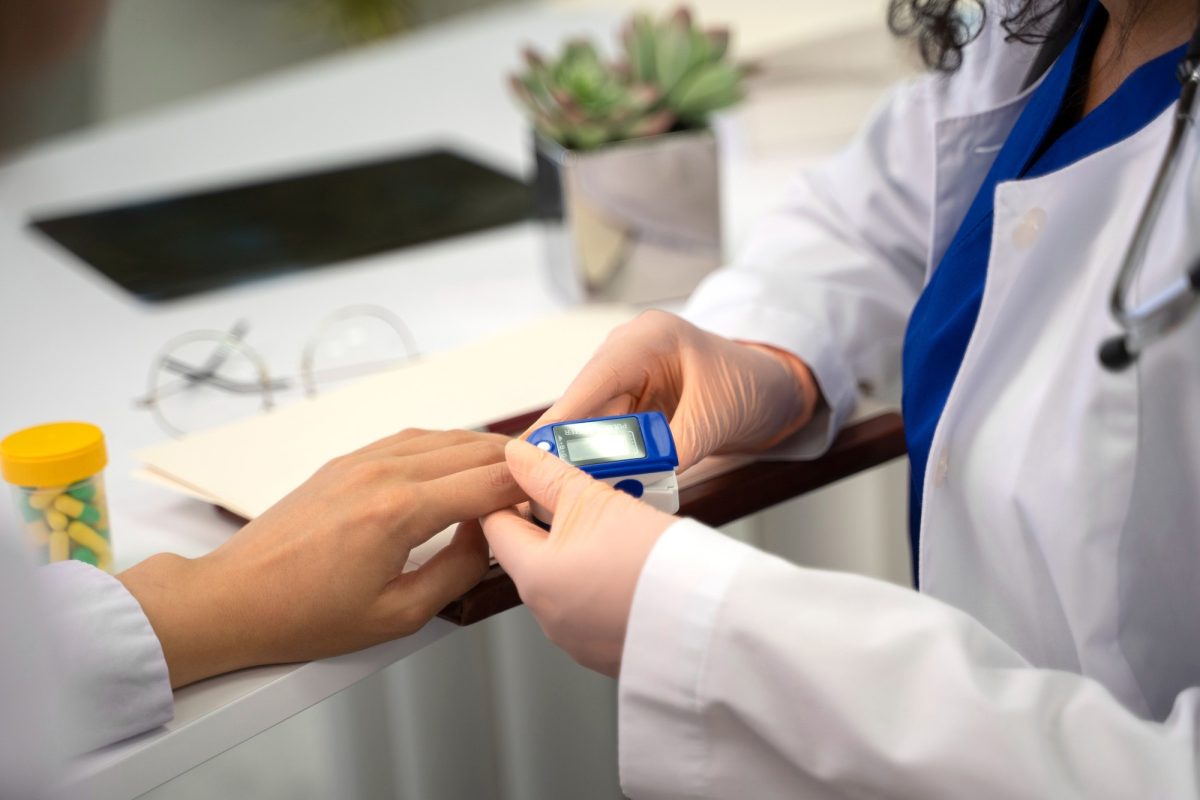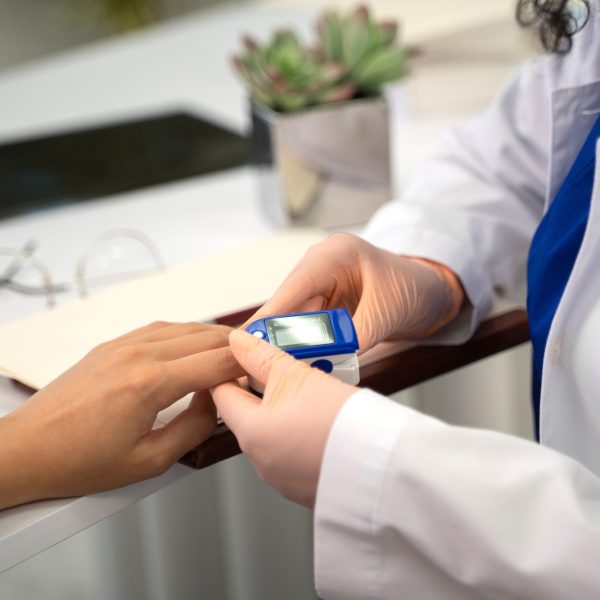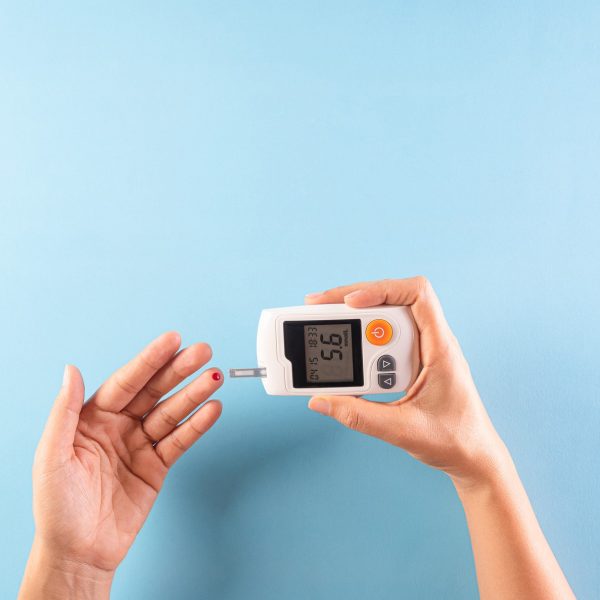Are you pregnant and wondering about the risks of gestational diabetes? Or maybe you just want to learn more about what it is and how to treat it? If so, then this blog post is for you! Here, we will explain in detail what gestational diabetes is, its symptoms, causes, and risks, as well as the treatments available. Read on to find out more!
Introduction to Gestational Diabetes
Gestational diabetes is a type of diabetes that develops during pregnancy. It can cause high blood sugar levels in both the mother and the baby.
Symptoms of gestational diabetes include increased thirst, frequent urination, and fatigue. If left untreated, gestational diabetes can lead to serious health complications for both the mother and the baby.
The exact cause of gestational diabetes is unknown, but it is thought to be due to a combination of genetic and environmental factors. Women who are overweight or have a family history of diabetes are at an increased risk for developing gestational diabetes. Gestational diabetes can be treated with diet, exercise, and medication. Women with gestational diabetes should work with their healthcare providers to create a treatment plan that is right for them.
Symptoms of Gestational Diabetes
There are a few symptoms of gestational diabetes, but the most common one is having unusually high blood sugar levels. This can happen during pregnancy because your body is unable to produce enough insulin to cope with the increased demand. As a result, you may experience:
-Increased thirst
-Frequent urination
-Fatigue
-Nausea
-Blurred vision
If you experience any of these symptoms, it’s important to speak to your doctor as soon as possible. Gestational diabetes can be treated, but if left untreated it can lead to serious complications for both mother and baby.
Causes and Risks
There are a few things that can increase your risk for gestational diabetes, including:
– A history of diabetes in your family
– Being overweight or obese
– Having had gestational diabetes in a previous pregnancy
– Being African American, Hispanic/Latino, Native American, Asian American, or Pacific Islander
If you have any of these risk factors, be sure to talk to your doctor about your risks and what you can do to lower them.

Diagnosis and Tests
If you have gestational diabetes, your doctor will likely recommend that you be tested for diabetes again six to 12 weeks after your baby is born. If the test shows that you have diabetes, you’ll need to take steps to control your blood sugar level.
There are two main types of gestational diabetes tests. One is the glucose challenge test, and the other is the oral glucose tolerance test (OGTT).
The glucose challenge test is usually done between 24 and 28 weeks of pregnancy. You’ll be asked to drink a sugary drink, and then your blood sugar level will be checked an hour later. If it’s high, you’ll need to have the OGTT.
The OGTT is usually done between 28 and 32 weeks of pregnancy. You’ll fast overnight, and then have your blood sugar level checked first thing in the morning. Then you’ll drink a sugary drink, and have your blood sugar checked again four times over the next few hours. If any of the readings are high, it means you have gestational diabetes.
Treatments for Gestational Diabetes
It’s important to keep your blood sugar levels under control during pregnancy, and gestational diabetes is one way to do that. Here’s everything you need to know about symptoms, causes, risks, and treatments for gestational diabetes.
Nutrition and Lifestyle Changes
Gestational diabetes is a common condition that can occur during pregnancy. While it can be managed with diet and lifestyle changes, it’s important to be aware of the symptoms, causes, and risks associated with the condition.
Symptoms of gestational diabetes include increased thirst, frequent urination, and fatigue. If you experience any of these symptoms, it’s important to speak with your doctor.
The exact cause of gestational diabetes is unknown, but it’s thought to be related to hormonal changes during pregnancy. Women who are overweight or have a family history of diabetes are at increased risk for developing the condition.
Untreated, gestational diabetes can lead to serious complications for both mother and child. These include pre-eclampsia, macrosomia (large baby), and birth injury. Gestational diabetes can also increase the risk for type 2 diabetes later in life.
Fortunately, gestational diabetes can be managed with diet and lifestyle changes. By maintaining a healthy weight, eating a balanced diet, and getting regular exercise, you can help keep your blood sugar levels under control. If necessary, your doctor may also prescribe medication to help manage your condition.
Read more: Healthy Habits to Form During Pregnancy
Complications of Gestational Diabetes
There are a few potential complications associated with gestational diabetes, and it’s important to be aware of them.
One complication is that gestational diabetes can lead to a larger baby. This is because the excess sugar in the mother’s blood can cross the placenta and enter the baby’s bloodstream, leading to higher levels of blood sugar for the baby. As a result, the baby may grow larger than average.
Another potential complication is preeclampsia. This is a condition that can occur when there is high blood pressure and protein in the urine during pregnancy. Preeclampsia can be dangerous and even life-threatening for both the mother and the baby.
Finally, gestational diabetes may increase the risk of developing type 2 diabetes later on in life. This is because there are certain hormonal changes that happen during pregnancy that can make someone more likely to develop type 2 diabetes later on.
Read more: 10 Essential Steps to Take Before Trying to Conceive With Diabetes
Conclusion
Gestational diabetes is a form of diabetes that can affect pregnant women and their unborn children. It’s important to recognize the symptoms, understand the causes and risk factors associated with it, as well as know what treatments are available if you have been diagnosed with gestational diabetes. By staying informed, you can take steps to improve your health and the health of your baby during this special time in your life.
Read more: Pregnancy with Diabetes



























Share this article